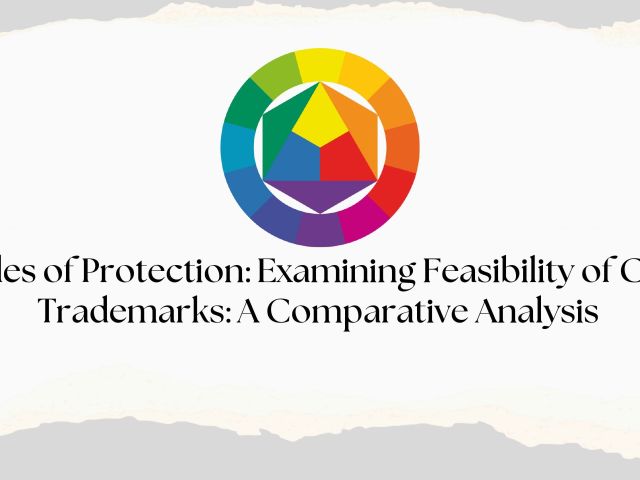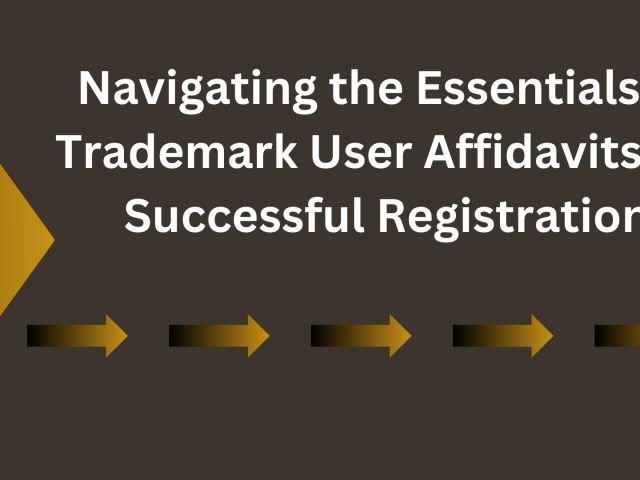Introduction
It is not uncommon for market competitors to find themselves in a courtroom confrontation over trademark infringement cases. PhonePe Private Limited v Resilient Innovations Private Limited is a matter between parties who had previously approached the court regarding their marks. In this case, PhonePe (Plaintiff) is a popular digital payment and financial technology company. It provides a mobile payment platform that allows users to transfer money, pay bills, recharge mobile phones, book flights and hotels, and more. It has gained significant popularity in India due to its user-friendly interface, ease of use, and wide acceptance across various online and offline merchants. On the other hand, New Delhi-based Resilient Innovations Private Limited (Defendant) is a relatively new company known for its brand BharatPe. They also operate a Buy Now and Pay Later (BNPL) mobile app called ‘PostPe’. The Plaintiff and Defendant were parties engaged in a legal dispute where the Plaintiff claimed that the Defendant’s trademark ‘PostPe’ infringed upon their trademark ‘PhonePe’. On April 6, 2023, the Bombay High Court made a decision in favour of the Defendant that rejected Plaintiff’s plea for interim relief.
Background
In 2018, PhonePe sent a cease and desist notice to the Defendant, requesting that they cease using the brand name with the ‘Pe’ component written in the Devanagari script. BharatPe subsequently modified its brand name to ‘BharatPe’ without the word ‘Pe’ in the Devanagari script. In 2019, PhonePe filed an injunction order plea against BharatPe, alleging that the use of the suffix ‘Pe’ had acquired distinctiveness and sought legal intervention to prevent BharatPe from using it.
In 2021, the Plaintiff filed an opposition against the Defendant’s registration of the mark ‘PostPe’. They also filed a suit claiming that the Defendant’s use of the trademark ‘PostPe’ amounted to trademark infringement. The High Court instructed the Plaintiff to withdraw the initial suit but allowed them to file a new one that specifically focuses on the complete trademark ‘PhonePe’. As a result, the Plaintiff filed the present suit, which considers the trademark ‘PhonePe’ as a whole rather than just the individual element ‘Pe’.
Dispute concerning the word ‘Pe’
The parties involved in this dispute have an enduring and unresolved disagreement pertaining to the usage of the suffix ‘Pe.’ This disagreement revolves around the interpretation of the ‘Pe’ suffix within their respective trademarks. In 2019, PhonePe submitted a request to the Delhi High Court for an injunction order against BharatPe, specifically related to the use of the suffix ‘Pe.’ At that time, PhonePe asserted that the ‘Pe’ suffix had gained a unique and recognizable quality to the extent that consumers would consistently associate it with PhonePe. The purpose of the plea was to prevent BharatPe from using the ‘Pe’ suffix, emphasizing PhonePe’s claim of distinctiveness and the likelihood of consumer confusion. PhonePe contended that BharatPe was trying to establish some form of exclusivity or distinctiveness solely for the ‘pe’ component of its mark. The court has taken into consideration the statements and proceedings of the previous two cases involving the parties. In the previous cases, the Plaintiff put forth the contention that the term “Pe” carries a symbolic representation of the payment action and can be interpreted as a deliberate alteration or misspelling of the word “Pay.” This argument was presented to emphasize the distinctiveness and intentional nature of their use of the term “Pe” within their trademark.
In the present case, Plaintiff asserted that they had obtained the trademark ‘Pe’ in the Devanagari script back in 2014 and further argued that the term “pe” had become synonymous with its business. Plaintiff argued that the suffix “Pe” following the word “Phone” in its trademark carries the colloquial Hindi meaning of “On.” The Plaintiff asserted that its trademark represented services that are specifically related to or conducted on mobile phones. The Plaintiff suggested that the use of “Pe” in their trademark was intentional and served as a distinctive representation of the payment action. They argued that these factors contribute to the distinctiveness and recognition of its brand and the use of the term ‘PostPe’ could potentially have adverse effects on their business. The court recognized the divergence in the interpretation of the term “Pe” between the parties involved in the case. It acknowledged that there were contrasting perspectives on the meaning and significance of the term, which contributed to the overall dispute.
In this present case, the Defendant put forth a persuasive argument, contending that the term ‘PostPe’ was intentionally coined to convey the concept of deferred payment. Their assertion emphasized that customers using their service could make purchases and settle the payment at a later time. Furthermore, the Defendant asserted that their service was distinct and discernible from the payment service provided by PhonePe. By presenting these arguments, the Defendant aimed to establish a clear differentiation between their offering and PhonePe’s payment service, thereby challenging the allegations of trademark infringement.
In this case, the court observed a notable disparity in the parties’ interpretation of the term “Pe.” It acknowledged that Plaintiff and Defendant held differing views regarding the meaning and implications of the term, which played a crucial role in the ongoing legal proceedings. This ruling has introduced additional layers of complexity and disagreements to the already intricate legal battle that the two parties are engaged in. It signifies a significant development in the dispute, potentially influencing the future course of action and outcomes for both BharatPe and PhonePe.
Court’s Decision
The court has diligently examined the evidence presented by both parties concerning the goodwill and favourable reputation associated with their respective trademarks. Recognizing that the Defendant has acquired substantial goodwill and openly utilized its mark ‘PostPe’ in connection with financial services since its inception, the court acknowledged their established presence in the market. On the other hand, the Plaintiff failed to establish a strong prima facie case of infringement and passing-off concerning their trademark ‘PhonePe’. Consequently, the court dismissed Plaintiff’s request, finding PhonePe’s arguments regarding customer confusion between the services provided by Plaintiff and Defendant’s company lacking credibility and persuasiveness. The court did not agree with Plaintiff’s assertion that there was a likelihood of confusion among customers regarding the offerings of the two companies. Due to the distinct and discernible meanings associated with the terms “PhonePe” and “PostPe,” it is improbable for consumers to be confused between the two. The clear differentiation in their respective connotations diminishes the likelihood of any potential confusion or misconception among consumers. The court dismissed PhonePe’s argument that there was a phonetic or structural similarity between the two trademarks, emphasizing that such similarities did not exist.
Conclusion
Justice Manish Pitale’s decision did not favour PhonePe, bringing relief and contentment to BharatPe. The court ruled in favour of BharatPe regarding their Buy Now Pay Later (BNPL) product, which had been extensively promoted and marketed by the company. This favourable ruling provides a positive outcome and resolves any concerns or legal uncertainties surrounding BharatPe’s BNPL product. It affirms that the legal measures taken to safeguard the term from monopolization and ensure its accessibility for broader usage or representation have been successful.
Trademark infringement cases have become more prevalent due to increased competition, global reach, and online presence. A recent example is the Delhi High Court directing Google Enterprises to pay INR 10 lakh to Google LLC for trademark infringement. As such cases impact both tech startups and large tech companies, it becomes crucial to take proactive measures in safeguarding your brand and intellectual property, including trademark registration and conducting due diligence.
Author: Srijita Adak




